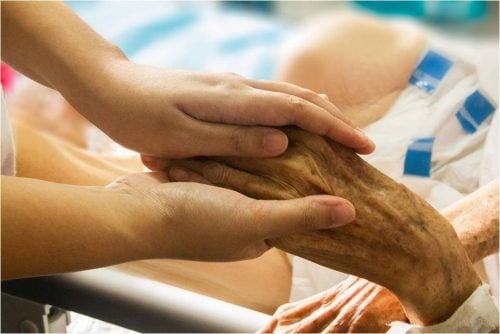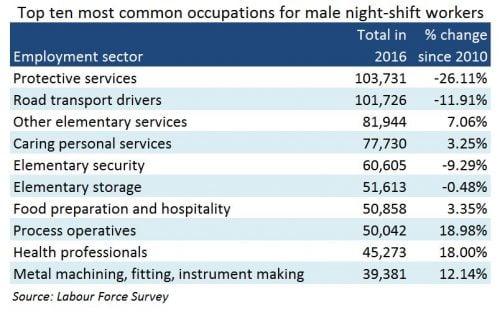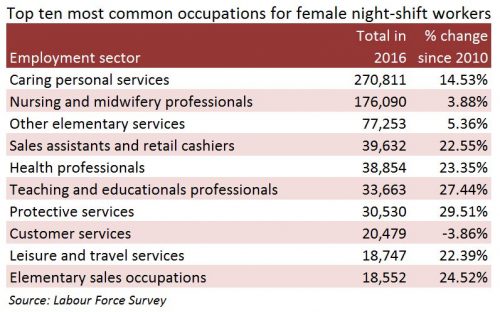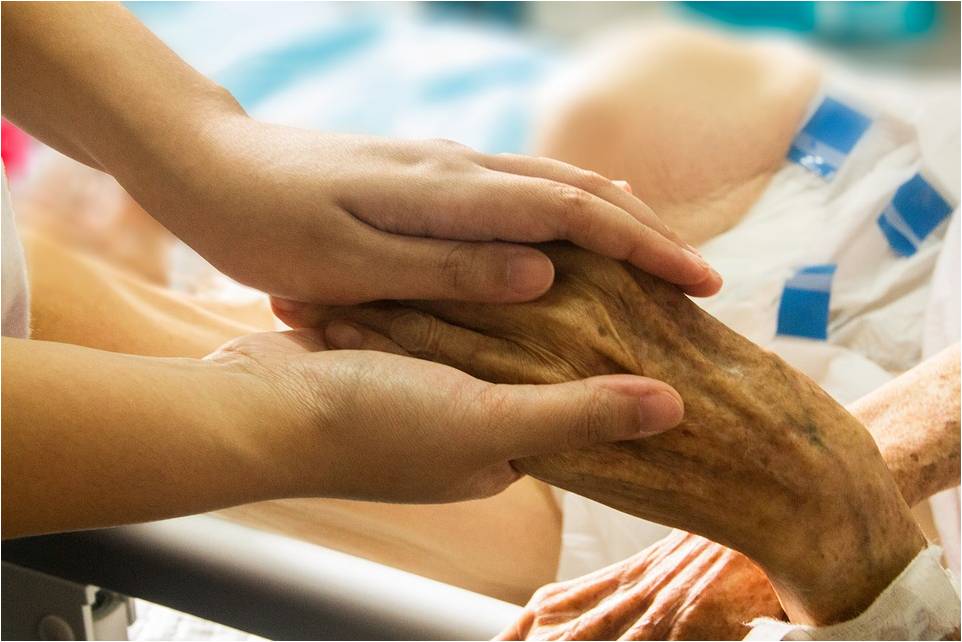New figures released by the Trade Union Congress (TUC) show that the number of-night shift workers in the United Kingdom rose by 9 percent during 2011-2016.
The TUC’s new analysis reveals the number of people who work nights shifts in the UK now totals 3,135,000 – following an increase of 275,000 since 2011.
 The numbers of women night-shift workers in the caring and nursing professions have risen by 15 and 4 percent respectively in the UK since 2011. Image: pixabay
The numbers of women night-shift workers in the caring and nursing professions have risen by 15 and 4 percent respectively in the UK since 2011. Image: pixabay
One in eight British employees now works at night – with some clear differences between males and females.
There was a time when most night-shift workers were men in factories. But that has all changed.
The figures for 2016 show while one in seven (14 percent) men work nights compared with one in 11 (9 percent) women, more than two-thirds (69 percent) of the growth in night-shift work in the last 5 years has been fuelled by women.

From 2011-2016, the total number of male night-shift workers rose by 86,000, compared with a rise of 190,000 – more than twice as many – female night-shift workers.
These increases reflect changing patterns in night work, and some of the gender differences involved.
For instance nowadays, most men working nights tend to be in road transport or protective service jobs – the police, the military, and security. But the numbers of male night-shift workers in these occupations have dropped by 12 percent and 26 percent respectively since 2011.

In contrast, in professions where female night-shift workers outnumber males – such as care-working and nursing – the number of women working night shifts have risen by 15 percent and 4 percent respectively since 2011.
Growth has been most rapid in Northern Ireland (58 percent increase in night-shift workers over 2011-2016), followed by London (30 percent growth) and Wales (29 percent).
Further increases anticipated
The TUC expects to see further increases in night-shift workers in the future. For instance, they suggest there will be a greater need for them in London as the Night Tube is rolled out, and also following proposals for a 7-day NHS.
The TUC does not oppose night-working, but says employers should consider and address the effect it has on staff. They urge employers to talk to unions when making decisions affecting night-shift workers.
TUC General Secretary Frances O’Grady says the UK depends on its army of night-workers to keep the country ticking over while the rest of us sleep, and adds:
“Night work is hard and can disrupt family life. So we must show our appreciation for the sacrifices night-workers make by ensuring they have good rights and protections at work. Employers must play fair and play safe, or public safety will be put at risk and the families of night workers will suffer.”

